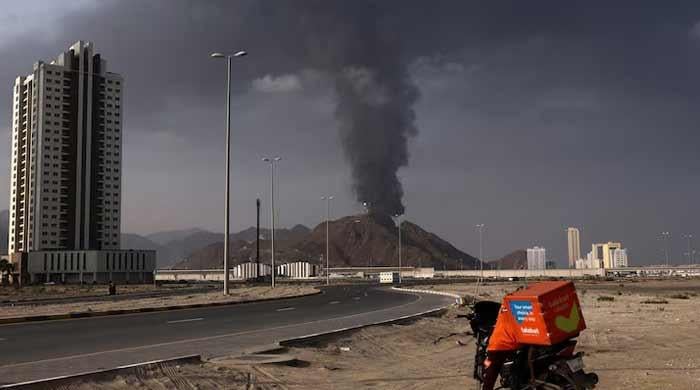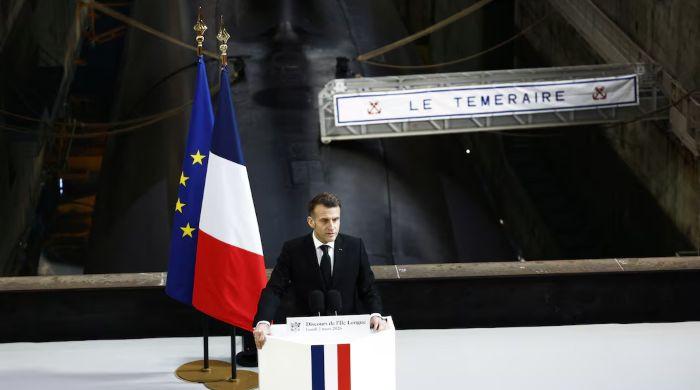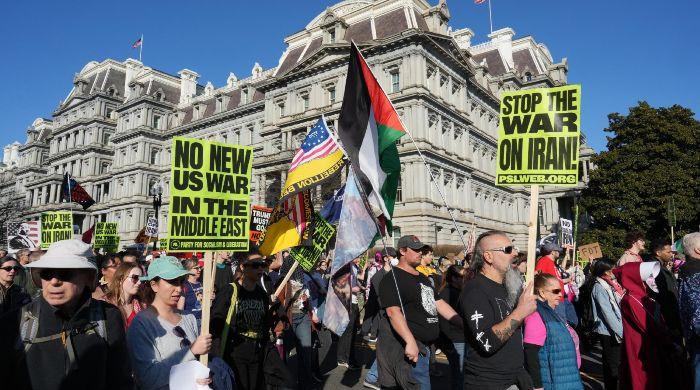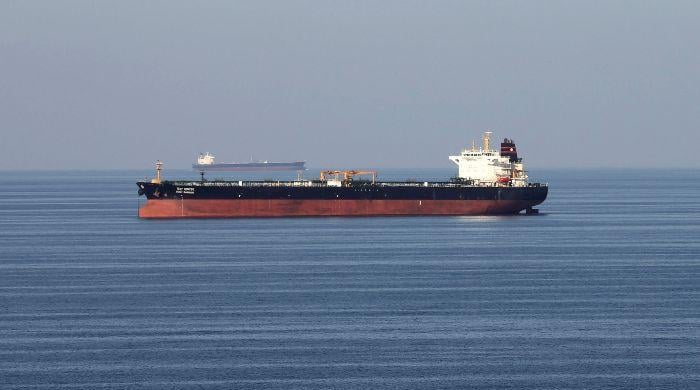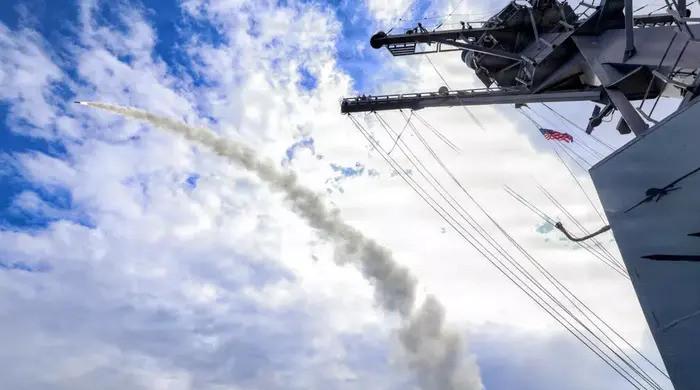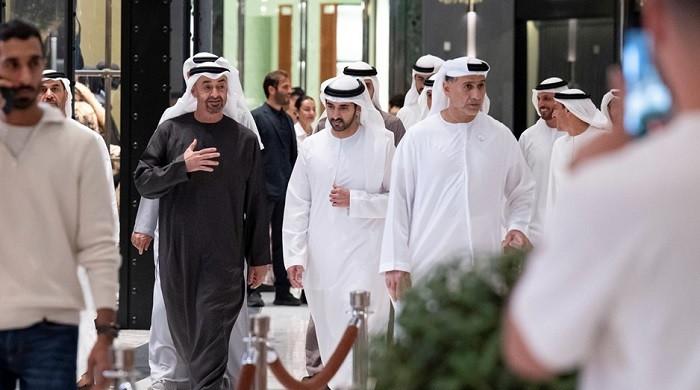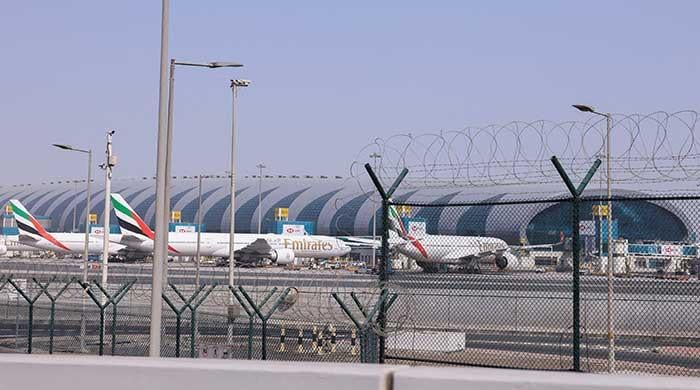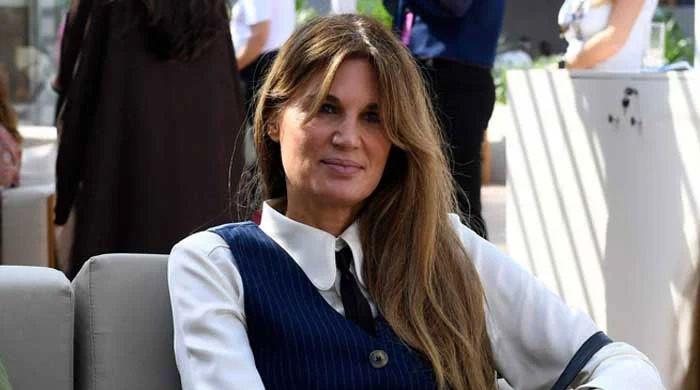Facilitating Saudi-Iran ties
Pakistan is completely focused on facilitating Saudi-Iran rapprochement
October 22, 2019
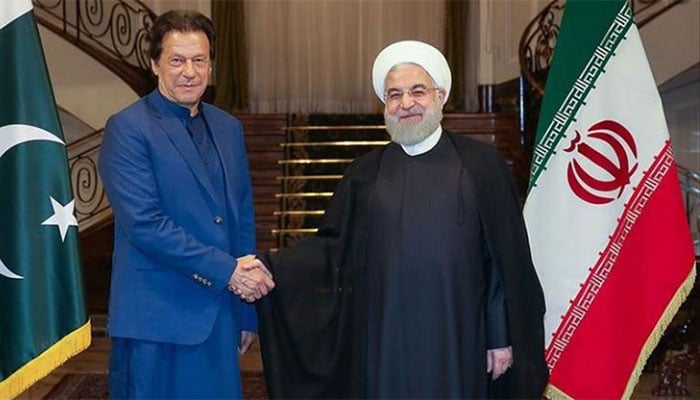
Pakistan is completely focused on facilitating Saudi-Iran rapprochement. With back to back trips to Tehran and Riyadh, Prime Minister Imran Khan has left no stone unturned to bring the two rival Muslim countries closer. If measured steps follow, there are signs that this initiative on de-escalation of tensions will bear fruit.
The direction is already set right. Both, President Rouhani and King Salman, have equally appreciated Imran Khan’s serious efforts in promoting peace and stability. Also, its unprecedented that they have given commitments to remain engaged for taking the process forward. So, what is the next step?
The situation of Saudi Arabia and Iran is unlike Pakistan and India where one step forward, two steps backwards and the foreign ministry level talks are arranged only after years of back channel diplomacy.
Here, a dialogue can be arranged directly at the summit level. So, there is a possibility that Pakistan could host Saudi Monarch and President Rouhani.
Iran has already shown willingness to go an extra mile in sorting out the differences.
With the Saudi King and the Crown Prince also on the same page, the environment is conducive for peace-making. So, what would the two leaders discuss?
If a summit is planned, the two countries have enough bilateral issues to talk before jumping on to solve the complex regional crisis including that of Yemen and Syria. Even if measures to build trust and resumption of high level visits are sealed, such agreements will be a blessing for the Middle East.
Previously, a number of Asian and European countries have tried to mediate with utmost sincerity. But, their diplomatic status was either too big or had some controversial baggage.
Permanent member of the United Nations Security Council France was influential and shared the ability to broker the deal. Had it succeeded, Paris would have emerged as a significant peacemaker on the global stage.
During President Chirac’s time, France had stood up to the United States as a maverick by openly threatening to veto any resolution declaring war on Iraq. If Macron was allowed to become the solo champion of Iran deal, the French role in the Middle East would have been marked for decades to come.
Another developed country Japan was far too close to the United States than to Iran and Saudi Arabia.
On the top of it, the American President had already embarrassed Prime Minister Abe. Trump first encouraged his friend to visit Iran with a novel deal. But, later, tied his hands, before he could even offer a concrete proposal.
As far as Iraq was concerned, it’s on the other trajectory. In the last few years, Baghdad had cultivated better relations with Riyadh. But, since the fall of Saddam Hussain, Iraq had come under unprecedented Iranian influence.
Fortunately, Pakistan is far better positioned to break the ice. Perceivably, it has closer ties with Riyadh as Saudi Arabia always stood shoulder to shoulder in times of need. At the same time, Iran trusts the good intention of Islamabad that it wants to avert war- something that has the potential to jolt the region, both economically and socially.
Realizing the dangers, almost every Pakistani government has tried to mediate in the last two decades. Back in 2000, Pervaiz Musharraf had touched all the hotspots. But, he hit the wall as it was a different Middle East then.
While visiting Cairo, Musharraf had found himself in an embarrassing situation when his Egyptian counterpart Hosni Mubarak told him to his face that ‘it’s the job of Arabs and you are only wasting time’.
President Zardari who signed Iran Pakistan Gas Pipeline project was equally enthusiastic in bridging the gulf. Yet, he couldn’t make a headway. Nawaz Sharif met the same fate. Not only the trust deficit contributed to their failure. But, basically, it was a different era as the world hadn’t yet witnessed the fallout of war in Syria and Yemen. So, the hawkish elements kept capitalising.
The very group tried to fan the flames of war after Aramco bombing and raid on Saudi border that led to the capture of thousands of army men. They ridiculed Trump for not avenging when Iran shot down American spy drone. Hawks are now convinced that Trump would not open a new theatre. But, it hasn’t stopped them from conspiring.
Here, Imran Khan is very right when he says that, ‘there is a vested interest that wants Saudi-Iran conflict to take place’. The Iranians are already under biting sanctions and the war has the potential to steal the Saudi vision 2030. The Middle Eastern countries that rely on tourism and expatriate labor will also come under ripple effect.
In addition to an economic devastation, any escalation will further erode American influence in the region. With Syria already lost, Russia and China will emerge as a formidable force. On the other hand, ironing out Saudi Iran differences can become the foundation of peace between Iran and the United States. And, help ink an improved nuclear deal.
Pakistan will be equally benefited. Under American pressure, Islamabad is unable to realise the gas pipe line dream. It’s an irony that the country facilitating Saudi-Iran deal has yet to establish a banking channel with Tehran. A refreshing condition may give Pakistan a chance to maneuver and find a way out to complete lingering IP project.
After decades of hostilities, it’s a rare moment in history that Iran and Saudi Arabia are equally optimistic of making peace. Rouhani is holding out an olive branch. And, MBS says that ‘If I'm a pessimist, I should leave my post and work somewhere else’. Such rare moments don’t come often. It’ time to make real peace as history won’t forgive the one who loses this exceptional opportunity.




